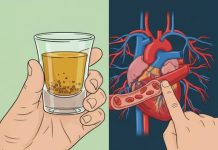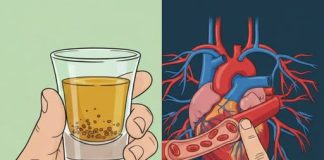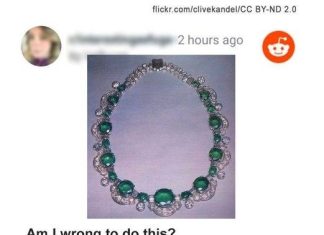Many people reach for diet soda thinking it’s a guilt-free swap for sugary drinks. After all, it contains zero sugar and fewer calories. But emerging research suggests that replacing sugar with artificial sweeteners may not be as safe for your body—especially your liver—as we once believed. New findings show connections between diet soda consumption and increased risk of liver disease, challenging the idea that “diet” automatically means “healthy.”
What the Research Reveals
A recent large observational study tracked over 100,000 individuals for more than a decade. The investigators examined consumption of both sugar-sweetened beverages and diet (low- or non-sugar sweetened) sodas and matched that data with liver health outcomes. They found a surprising result: people who drank more than a can per day of either sugary or diet soda had a substantially greater risk of developing metabolic dysfunction–associated steatotic liver disease (MASLD). In fact, diet soda was associated with a higher risk of liver-related mortality when compared to sugary soda. Other studies have also linked excessive diet soda intake with the presence of liver fat, even when accounting for body mass index and other lifestyle factors.
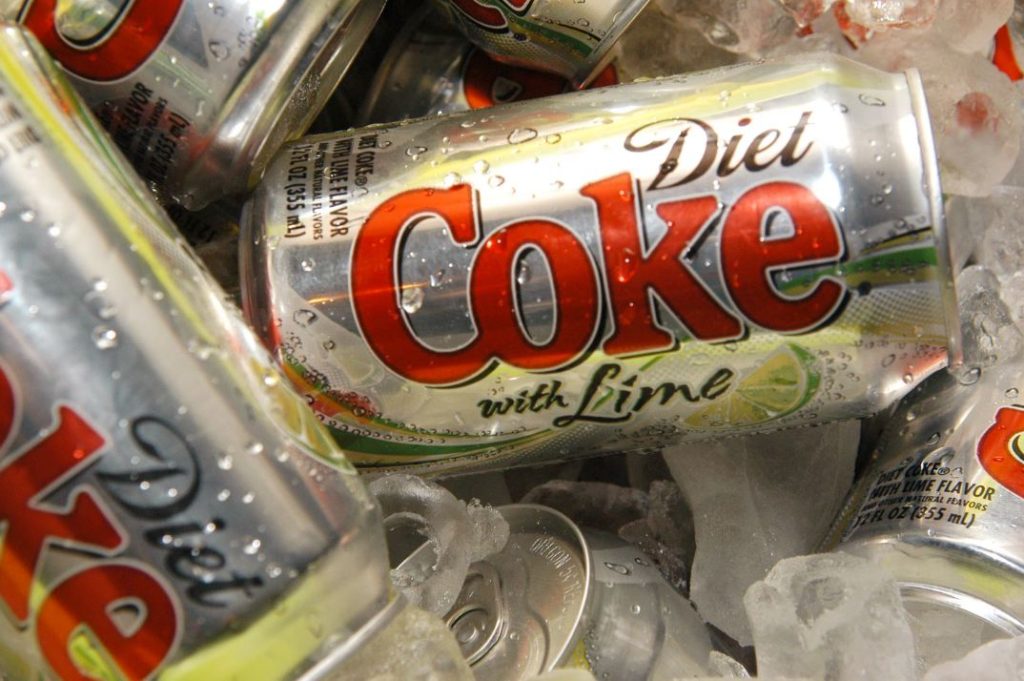
Possible Biological Mechanisms
How might diet soda, which contains no sugar, damage the liver? Several theories are under consideration:
- Gut microbiome disruption: Artificial sweeteners may alter beneficial intestinal bacteria, which in turn could impact liver function.
- Insulin signaling and appetite dysregulation: Some research suggests sweeteners confuse regulatory systems, leading to increased cravings or insulin fluctuations that stress metabolic pathways.
- Fat accumulation pathways: Changes in metabolic signaling might encourage liver cells to store more fat even in the absence of high sugar intake.
- While these mechanisms remain topics of ongoing research, they help explain why diet sodas might be more than a “safe” alternative.
Implications for Health & Behavior
One implication is clear: avoiding sugary sodas isn’t enough if you substitute them with diet versions. For liver health, it may be more effective to reduce or eliminate both sweetened and artificially sweetened drinks. Water, herbal teas, sparkling water, or unsweetened beverages offer safer hydration options. Indeed, in the study mentioned earlier, exchanging one soda per day (whether sugary or diet) for water was associated with a lower risk of developing MASLD.
Limitations to Keep in Mind
The studies are observational, meaning they can show associations, not prove direct cause and effect.
- Self-reported beverage consumption can be imprecise.
- There is variation in types of artificial sweeteners used, and specifics were not always captured in the data.
- Other lifestyle factors—like diet, physical activity, and genetic predisposition—could influence outcomes.
- Because of these limitations, more rigorous research (especially randomized controlled trials) is necessary to confirm and clarify these relationships.
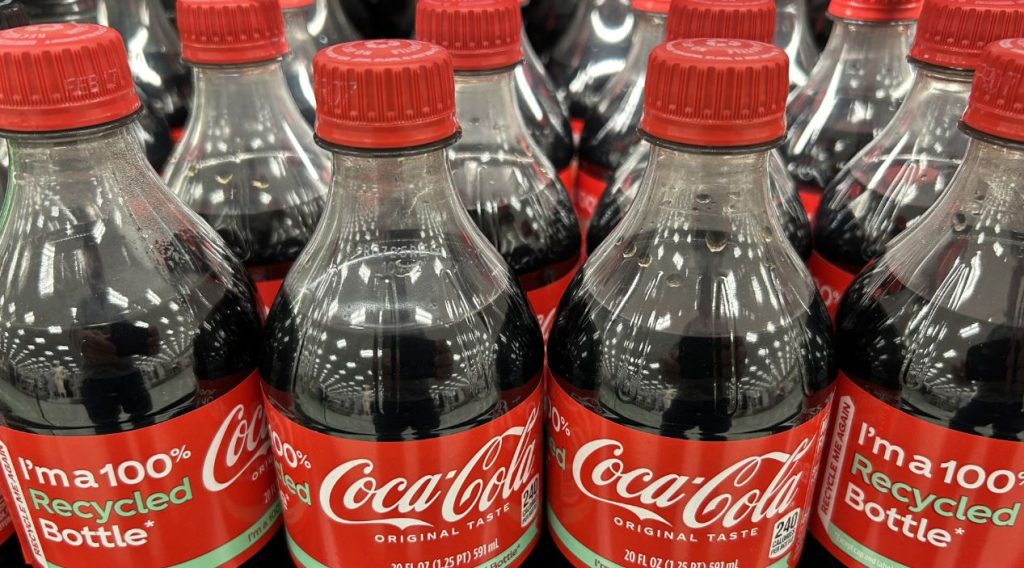
Practical Takeaways
Think twice before replacing sugary sodas with “diet” ones; the idea that they are harmless alternatives may be misleading.
- Cut back on all types of sweetened drinks to support liver health.
- Choose hydration from water, herbal infusions, or unsweetened low-calorie options.
- Monitor your overall diet and lifestyle—excessive sugar, alcohol, poor activity levels, and obesity remain strong risk factors for liver disease.
Conclusion
The emerging evidence raises serious questions about the long-held assumption that diet sodas are a safe or “healthier” option. If you’d like, I can also draft a shorter “key points” version or a version tailored for a health blog or newsletter.




